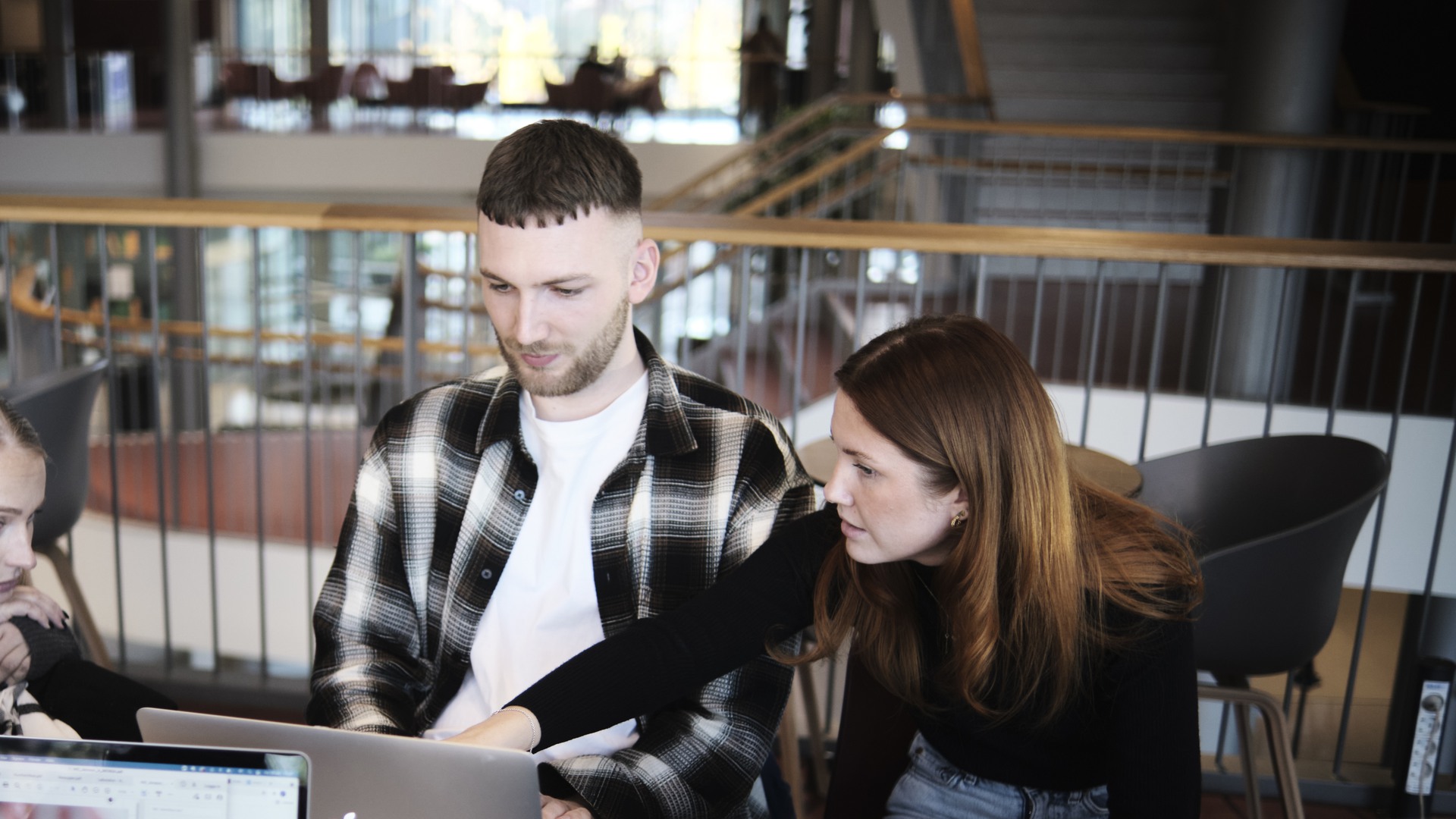The Law and Practice of the United Nations - Model United Nations
International students
International students
About the course
Course content
The aim of the course is for the students to acquire knowledge and understanding of the United Nations and its mechanism and functions on the international arena. The course stresses the interaction between international law and politics by examining the relevance, capacity, practice, and accountability of the United Nations.
Students will obtain a theoretical understanding of the United Nations and its role in global politics that will be practically applied with the preparation and participation in a Model United Nations. The course combines both substantive knowledge of the UN system and practical simulated debates of major issues on the international political agenda.
The course consists of 2 modules:
Module 1: The UN System (15 hp)
The first module gives an overview of the UN System and its purpose, functions and regulating principles on the international arena. The module introduces the students to the organisation’s wide range of lawmaking mechanisms, structures and institutions. Furthermore, the module identifies the legal and political interactions and processes of the Untied Nations.
The module is divided and consist of three parts:
A. The UN System 1: The UN Security Council (5 hp)
The first part focuses on the Security Council’s role as the decision-making body of the organistation and identify its functions and its involement in international peace and security from a historical and contemporary context.
B. The UN System 2: International Court of Justice (5 hp)
The second part has as its starting point the judicial law making system of the UN with a focus on the International Court of Justice (ICJ) and its role as settlers of international legal disputes. The main emphasis is on the ICJ and its general jurisdiction over settlements between states and its role as the primary body for interpretation of international law.
C. The UN System 3: The UN General Assembly (5 hp)
The third part gives an in depth introduction to the functions and work of the General Assembly and its role as in international politics as legislative and norm setting body.
Module 2: Model United Nations (15 hp)
The second module is a preparation and participation in a Model United Nations (role play simulations). The purpose of the model is to convert the theoretical and substantive knowledge gained in module 1 into practical skills and capabilities by replicating the conditions of the UN through simulations. The students will assume the role of states’ government representatives to the UN and its different bodies such as for example; the General Assembly and its committees, the Security Council, subsidiaries organs and specialists agencies. The content of the course is determined by current issues of international concern on the UN agenda.
Entry requirements and selection
Entry requirements
General entry requirements + English 6.
Selection
40% Upper Secondary Grades - 40% Swedish Scholastic Aptitude Test (SweSAT) - 20% University Credits
Course literature
Current literature list is available in the syllabus for the course
Course evaluation
Malmö University provides students who participate in, or who have completed a course, with the opportunity to express their opinions and describe their experiences of the course by completing a course evaluation administered by the University. The University will compile and summarise the results of course evaluations. The University will also inform participants of the results and any decisions relating to measures taken in response to the course evaluations. The results will be made available to the students (HF 1:14).

